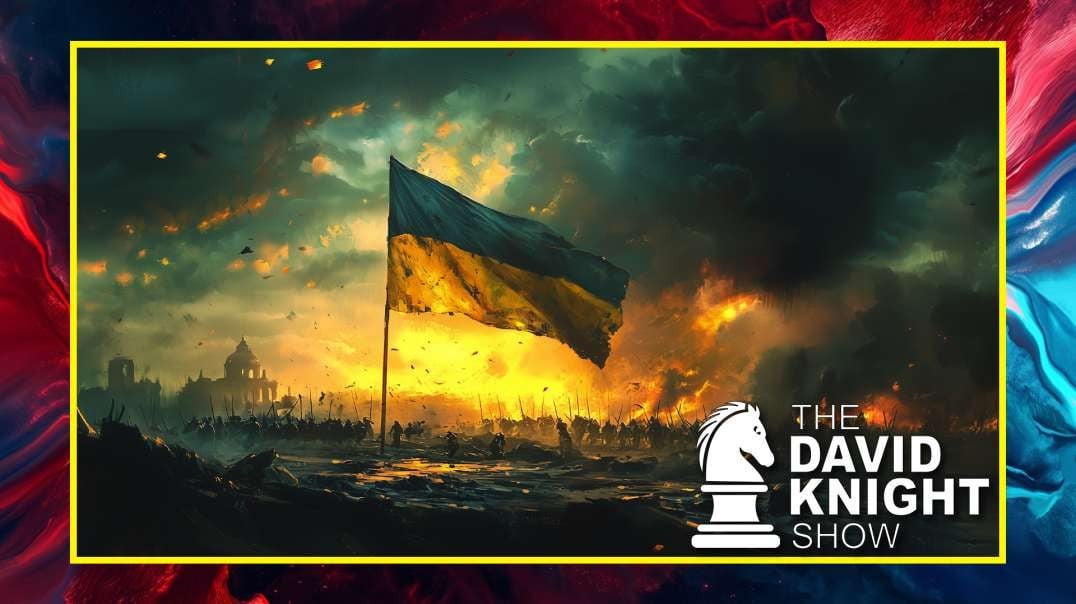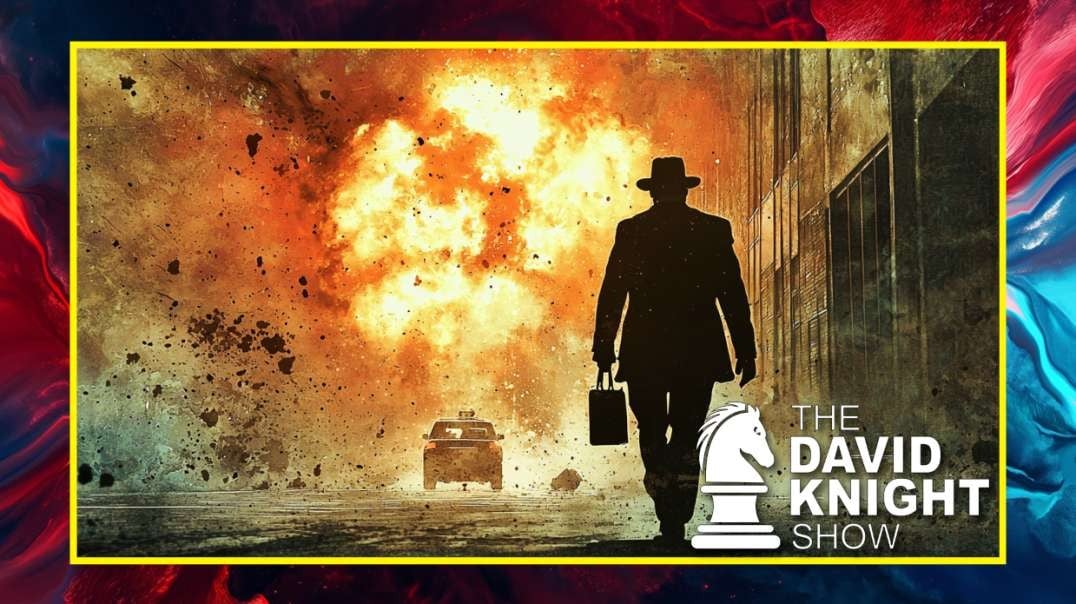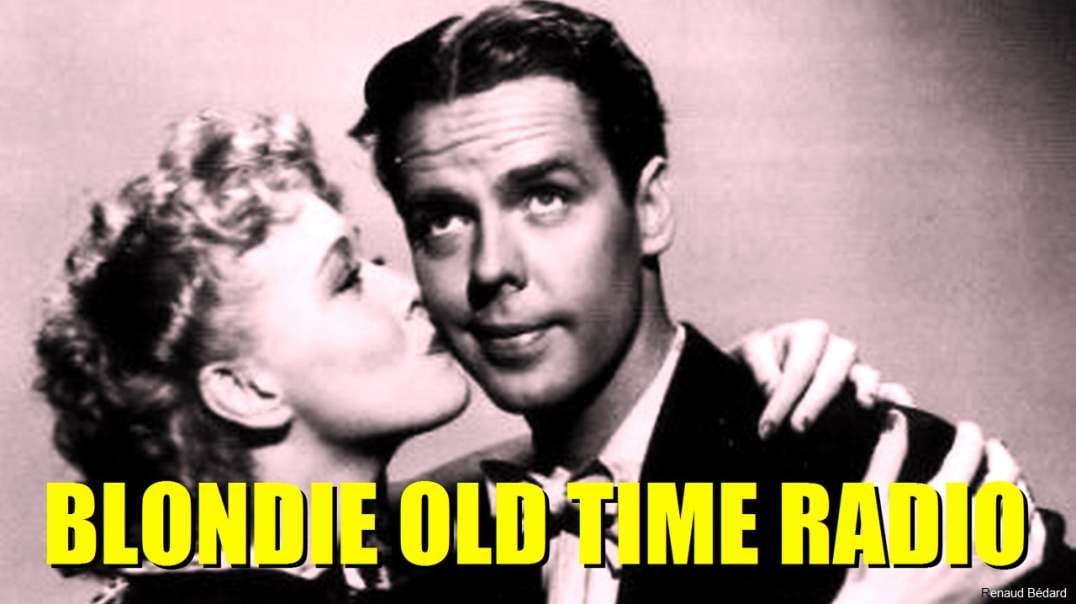The Tiananmen Square Massacre: From China's Authoritarian Roots to the Iconic "Tank Man"
On this episode of the Resistance Library Podcast Dan and Sam discuss the iconic “Tank Man” and the Tiananmen Square Massacre as well as the recent Hong Kong protests. You can read the full article at Ammo.com: https://ammo.com/articles/tian....anmen-square-massacr
For $20 off your $200 purchase, go to https://ammo.com/podcast (a special deal for our listeners).
Follow Sam Jacobs on Twitter: https://twitter.com/SamJacobs45
And check out our sponsor, Libertas Bella, for all of your favorite historic icons shirts at https://libertasbella.com/.
China is often described as the next superpower to top America within the next few decades. At first glance, such an assertion makes sense. The country’s vast geography, natural resources, rich history, and tech-savvy populace puts it in a position to thrive in the 21st century. However, China’s rise as a superpower is not one of an overnight success, nor is it filled with pretty rainbows.
Indeed, China is one of the world’s longest lasting civilizations, with cultural and political traditions that have been passed down to succeeding generations effortlessly. With such a vast history, China had gone through its own zeniths and nadirs. As is the nature of any civilization. However, China’s modern history has been a rollercoaster ride to say the least.
Despite having a massive formal governing apparatus that would put many empires to shame, China has not always had full control of its territorial jurisdiction. Once European powers reached Chinese shores in search of riches, they soon wanted their piece of pie. That meant slowly whittling away at Chinese territory. As the first movers in the Age of Exploration, the Portuguese and their missionaries colonized Macau.
Although the Portuguese’s venture was not exclusively about riches, it inspired other European actors such as the British to go and exploit China’s vast resources. Naturally, the Qing dynasty and Britain’s interests clashed once the British wanted to expand trade inside the country. What was originally a trade dispute between a Qing government wanting to maintain trade that overwhelmingly favored China, soon turned into a full-blown conflict as seen in the Opium War.
China was handed a humiliating defeat, which saw it turn over Hong Kong to the British. This marked a turning point in Chinese history. The once mighty country slowly deteriorated both internally and externally. China soon became a punching bag for smaller, yet more militarily advanced countries that started setting up trading outposts in Shanghai. Indeed, these moves were not welcome by the Chinese and many in the Qing court, but due to the country’s decaying institutions, it could do nothing to prevent further predations.
Even empires on the Western periphery, like Imperial Russia, started to prey on China when it annexed all of the Chinese land north of the Amur River in 1858, exploiting Chinese weakness along a border that was, at the time, 4,650 miles long. As if China’s foreign reversals weren’t enough, Imperial Japan also jumped in the mix and picked apart China like other European powers. Japan put the world on notice when it crushed China in the Sino-Japanese War of 1894.
As a result of this humiliation, Japan added the island of modern-day Taiwan, the Liaodong Peninsula, and the Korean peninsula into its sphere of influence. Japan’s exploitation of its weaker mainland rival did not stop there.
Even after the Qing dynasty collapsed, nationalist leader Chiang Kai-Shek tried to put the political pieces back together during the 1920s, in an attempt to unify the country and restore Chinese greatness. However, Imperial Japan was ready to humiliate China yet again, when it invaded Manchuria in 1931, and occupied it until 1945, in an attempt to expand their industrialization efforts.
All in all, the mid-19th century up until the mid-20th century was a rocky period. It took game-changing events after World War II for China to finally get its political house in order and build itself up on its own terms.
Helpful Links:
- The Tiananmen Square Massacre: From China's Authoritarian Roots to the Iconic "Tank Man": https://ammo.com/articles/tian....anmen-square-massacr
- The Tank Man Hoodie: https://libertasbella.com/prod....ucts/tiananmen-squar
- Resistance Library: https://ammo.com/articles
- Sam Jacobs: https://ammo.com/our-team#sam-jacobs




















